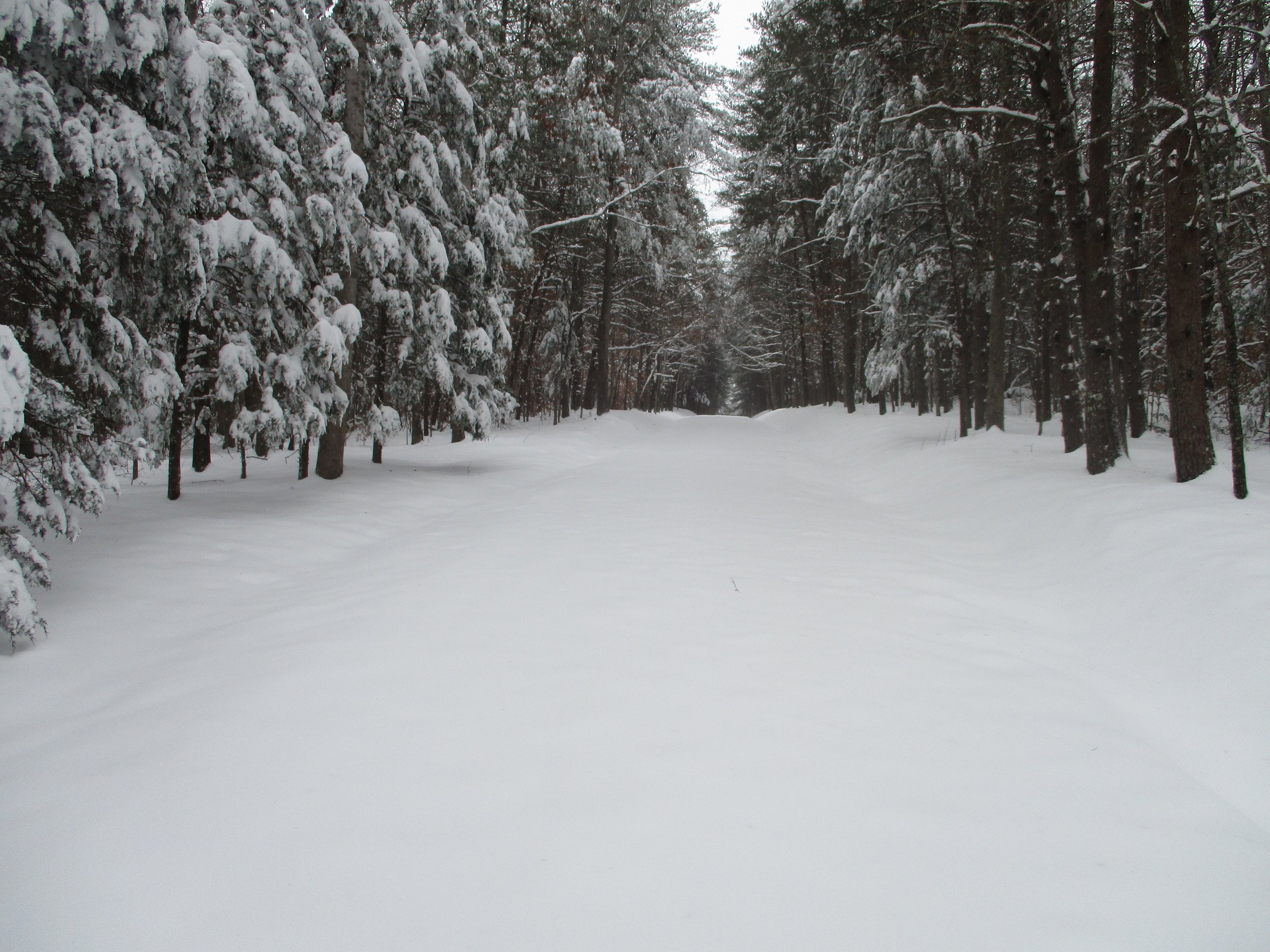Much of the southeast received snow over the past weekend, setting new records in places like Asheville, NC and Greenville-Spartanburg Airport, SC. We make bad jokes about Mother Nature’s multiple personality disorder, but in the Deep South you will find snowboards next to flip-flops and sunscreen in our mudrooms. Shorts one day, down vests the next. Our snowstorms are rare and never last long, so we treat them as a special holiday. Is snow a good thing for our gardens? Yes and no.
Snow Pros: Insulation. irrigation, fertilization.
It is difficult to consider a cold, wet blanket as insulation, but snow protects plants from drying winds and frigid temperatures. Its fluffy texture acts like a goosedown blanket, holding any ground warmth at soil level. This insulation can protect roots and leaves from freezing, and will allow underground bacteria, fungi, earthworms and such to go about their business, albeit a little slower than normal. Snow will maintain an even temperature around plants that is far preferable to alternating warm/cold cycles that damage plant tissues.
Melted snow provides water to plants at a slow rate. Think of it as a drip hose that covers your entire garden.
The concept of snow as fertilization seems odd. Older almanacs referred to snow as “Poor Man’s Fertilizer.” Snow captures minute amounts of nitrogen and sulphur from the air and delivers it to your soil. This does not negate the need for fertilization (as indicated by a soil test, of course), but it certainly does not hurt, especially on marginal soils.
Snow Cons: Weight, bark split, container exposure
The weight of snow can damage evergreen trees and shrubs. The broad leaves of Magnolia grandiflora hold snow, and the needled foliage of Cedars. Arborvitae and Junipers hang onto ice. Dry, powdery snow can be swept off shrubs with a broom. I have also used a leaf blower, but it was less effective than I imagined. Brittle shrubs like Rhododendrons can be wrapped with rope to hold them upright, making a smaller target for snowfall to create damaging weight.
The bark of young trees may be damaged by gnawing animals or split from rapid temperature changes. Garden centers sell trunk wrap to help with the latter. Pull snow away from tree trunks to prevent the former.
Container plants are more likely to suffer from cold damage since snow insulates the top but leaves the sides exposed to cold. Move these into a protected area if you can. If not, a layer of clear bubble wrap helps.
Two closing thoughts:
Utilize plants that are cold-hardy in your garden’s zone. It is unreasonable to expect a tropical plant to survive in zone 6 winters, no matter the amount of snow insulation it receives.
A final benefit of snow: It conceals all those garden chores you did not accomplish. Those spent annuals and dead vines are merely lumps under a gorgeous white icing. Enjoy!
Our driveway is unrecognizable under its snow blanket.

